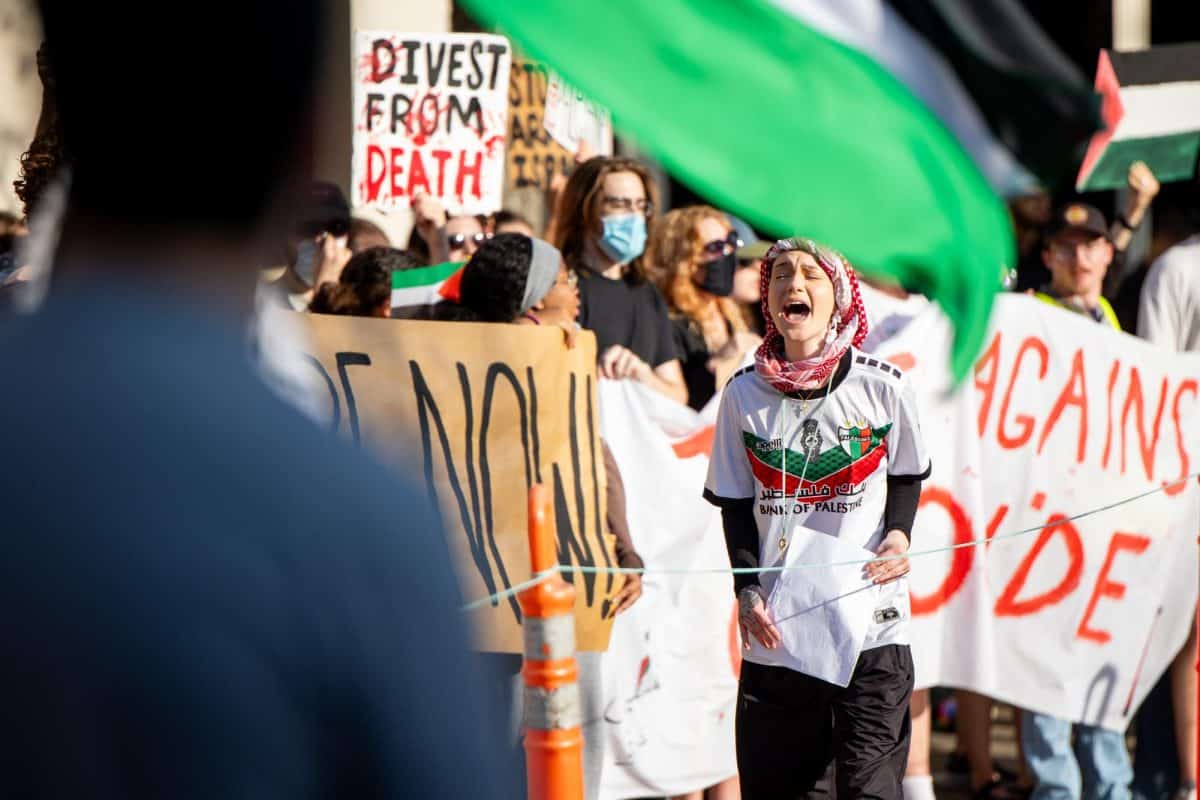At one time, some Alabama natives could not remember the last time they had a snow day. But in the past five years, there has been at least one snow day each winter, including the damaging and unexpected ice storms experienced earlier in the semester.
Jason Senkbeil, an assistant professor of geography, teaches classes on climatology and studies instrumental records which help to explain climate patterns over the past century.
“It’s inherently difficult to separate a climate change scenario from natural climate variability,” Senkbeil said. “I would say that what we are experiencing is unusual, but not unprecedented in the area.”
Senkbeil said he believes the prevailing opinion in the scientific community is that climate change is occurring on some level, but he said he has not seen any statistical evidence of major changes in temperature or precipitation in the Alabama area. Senkbeil said much of the debate surrounding climate change involves the extent to which humans have contributed.
“There is a human role, but the argument is whether they are the primary cause, a secondary cause or if their effect is miniscule compared to normal climate variability,” Senkbeil said.
(See also “Cold winter to plague Alabama“)
Senkbeil said in addition to his own research with instrumental records, research on climate change is being done at the University by multiple departments. It is studied at an ecological level by the biology department. Fred Andrus, associate professor and chair of the department of geological sciences, studies ancient climate change using the archaeological remains of organisms.
“One of the long-term goals of paleoclimatologists like me is to better understand how climate changes on multiple time scales to better assess the impact of anthropogenic greenhouse gasses in the modern world. Climate changed throughout Earth’s history,” Andrus said. “Anthropogenic change is superimposed on this moving baseline of changing climate conditions. I wish I could put a precise number on our contribution to climate change, but the reality is more complex than that.”
Andrus said when determining things like human impact on climate change or the correlation between global climate change and the winter storms here in Alabama, the answer is often more intricate than one might assume.
“The trick is to disentangle the effects of background trends, such as climate, and singular events, such as weather,” Andrus said.
There is also a difference between global warming and climate change. While global warming has to do with increased surface temperatures due to rising levels of greenhouse gases, climate change simply refers to a long-term change in the Earth’s climate.
(See also “Campus event to raise awareness about climate change“)
Patrick Taylor, a recent UA graduate who majored in geography, said he believes science classes at the University offer a fair and balanced look at the topic.
“In the classes I took that were relevant to the issue, we looked at both sides of the discussion,” Taylor said. “We read articles from both sides of the aisle and were allowed to make our own opinions about it.”
While Senkbeil and Taylor each agreed that climate change ought to be studied in light of the planet’s entire history, Taylor said he believed there is not enough extensive research on the issue to reach a definitive conclusion about the effects of climate change.
“We have only kept detailed records of the climate for a very limited amount of time compared to the age of the Earth. For anyone to jump to a major conclusion based on that would be irresponsible,” Taylor said. “Even if you think the recent trends are showing a change in Earth’s climate, we need data over a longer time frame to make an educated conclusion.”
Andrus said he believed an important question from his research is the manner by which those affected by climate change will handle it.
“There would be major changes to how we make a living and rule ourselves,” Andrus said. “But in the end, it is the way we respond, or fail to respond, to these changes that dictate a good deal of the human impact of climate change.”
(See also “Rodgers Library to open lecture series with climate, bee talk“)






